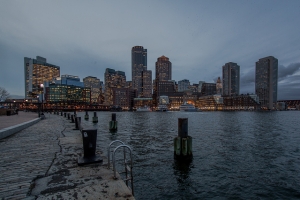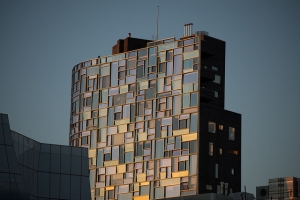Support migrant centric journalism today and donate

Two of the United States Senate's most important politicians have urged the Senate Judiciary Committee to pass immigration reform legislation. Their Secure America and Orderly Immigration Act (SAOIA) was introduced in the Senate earlier this year. The bill has remained under Senate Judiciary Committee consideration since early May. Another version of SAOIA is also under consideration in the House of Representatives.
One Senator testified that the "broken" immigration system presents an obvious threat to national security. He said that SAOIA enhances domestic security by combining strict enforcement with realistic reforms that will allow the U.S. government keep track of who is in the country.
Another Senator added that 3,000 Mexicans cross illegally into the United States each day, creating "a threat to our national security." He said the SAOIA would enhance national security while recognizing the economic demand for migrant labor.
SAOIA would allow illegal aliens to obtain legal status if they meet certain criteria, such as specific work requirements and passage of a Homeland Security background check. Those in the United States illegally would also be assessed a fine of up to $2,000.
SAOIA is just one of several pieces of proposed legislation dealing with illegal immigration.
Another proposed bill, S. 1374, would provide $3.5 million to train those living on Indian reservations close to U.S. borders to "enhance the capability of an Indian tribe as a first responder to an illegal crossing of an immigrant over an international border of the United States," according to the legislation text. The legislation calls for providing Indians with surveillance technology to "facilitate the coordination of the response of an Indian tribe to a threat to [border] security" with "the responses of Federal, State, and local governments."
Yet another piece of legislation is the REAL GUEST Act, presented as an alternative to SAOIA. The REAL GUEST Act eliminates economic incentives for illegal immigrants to remain in the country. It offers no eventual path to citizenship for those entering the country illegally. It also calls for use of technology such as biometric readers to document "all noncitizens residing in or traveling to the United States," according to the act.
The REAL GUEST Act also advocates the use of the U.S. military in assisting border patrol agents in stopping illegal immigrants from crossing the border.
Such proposals demonstrate that lawmakers are scrambling to find any means to curb the tide of undocumented people coming across the border.





















